handling the undead
Director Thea Hvistendahl details her journey from development hell to Sundance sensation with her debut
Words Sean Stillmaker
Photography Morten Brun
If your deceased love could come back from the dead, would you want that? This provocative question plays as subtext to the Norwegian film, Handling the Undead (Håndtering av udøde), which is based on the 2005 novel by Swedish author John Ajvide Lindqvist.
The film is a refreshing magical realist approach that’s more pensive reflection on grieving rather than delivering stylised updates on zombie genre tropes.
Boldy making her directorial narrative feature debut is Thea Hvistendahl. To bring this film to life has been a near 20 year journey, and a true rite of passage for Thea as she dealt with initial collapses between distributors and financing setting up a near four year delay in production before world premiering at the Sundance Film Festival.
“It worked out in the end,” Thea casually says with a smile, brushing off the magnitude of such debilitating challenges.
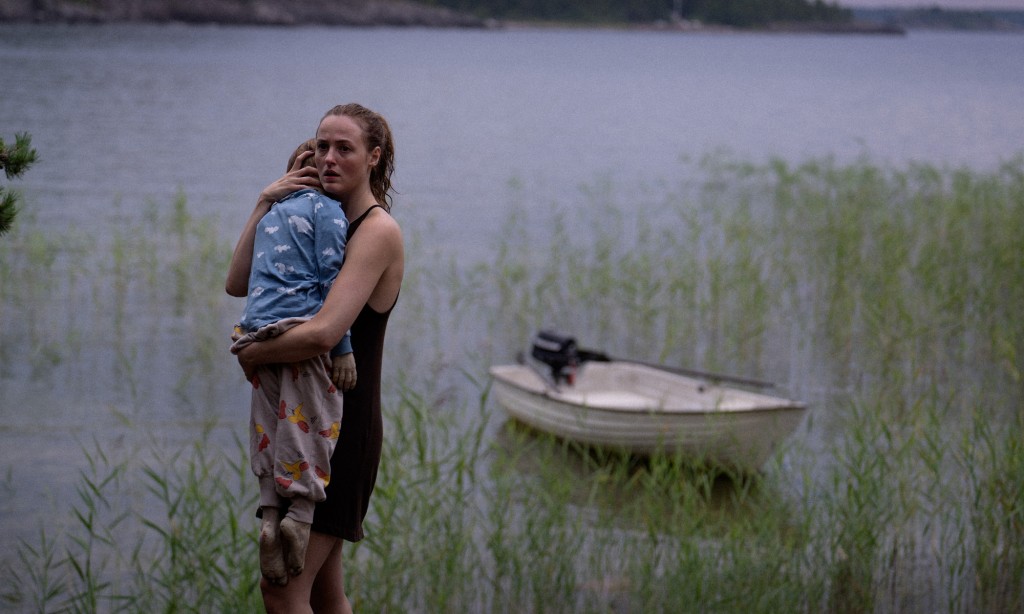
Handling the Undead weaves a narrative between three separate families suffering loss. Grandfather Mahler (played by Bjørn Sundquist, distinguished Norwegian thespian) and his daughter Anna (played by Renate Reinsve, breakout sensation of The Worst Person in the World) mourn the passing of his grandson. David (played by Anders Danielsen Lie, star of the Joachim Trier’s Oslo trilogy films) suddenly lost his wife Eva (played by Bahar Pars) in an accident. Elderly Tora (played by Bente Børsum, honorary recipient of Norway’s Amanda Award) says her final goodbye to her wife that just passed.
Suddenly on one hot summer day in Oslo, an unexplained electromagnetic phenomenon erupts, which awakens the dead. The lost loves are now reanimated amongst the living, albeit in a seemingly non-aggressive, unresponsive, rotting fugue state. The film slowly unfolds around these three parallel stories that dissect whether this is a blessing or a curse.
“What I love about a lot of [John’s] work is how he blends the realism with the supernatural,” Thea explains. “It’s not about enhancing the supernatural, it’s more like — ‘what would it look like if this actually happened?’”
The impetus of the novel is from a tragic bereavement in the author’s life. “Possibly conditioned by my father’s drowning death, I wanted to examine an aspect of the nature of grief,” John explains in writing.
Originally Thea wanted to adapt John’s 2010 novel Little Star (in Swedish: Lilla stjärna), but the rights weren’t not available. However, the options for Handling the Undead had lapsed when she first read it in 2018. “So I read it with that in mind, and I was like, ‘I love this too!’” she remembers.
When John’s Handling the Undead (in Swedish: Hanteringen av odöda) was first published in 2005, it was almost instantly pushed into film development with John writing the screenplay. The project then languished in development hell with Thea inheriting that adapted script, which moved the novel’s setting from Stockholm to Oslo.
The main cast all seen in the film had been assembled around 2019 including Renate before The Worst Person in the World premiered in 2021 at Festival de Cannes, which garnered her Best Actress and the film subsequently being nominated Best International Feature at the Oscars.
“We were maybe going to make it with Netflix and then they felt we didn’t have enough A-list cast, but I think they wanted more of an international cast; and then the woman that picked up the film, she suddenly quit,” Thea vividly recalls about the 2019 production halt. “But I’m actually quite happy because it would have been a very different film. We were actually going to shoot everything in Ukraine.”
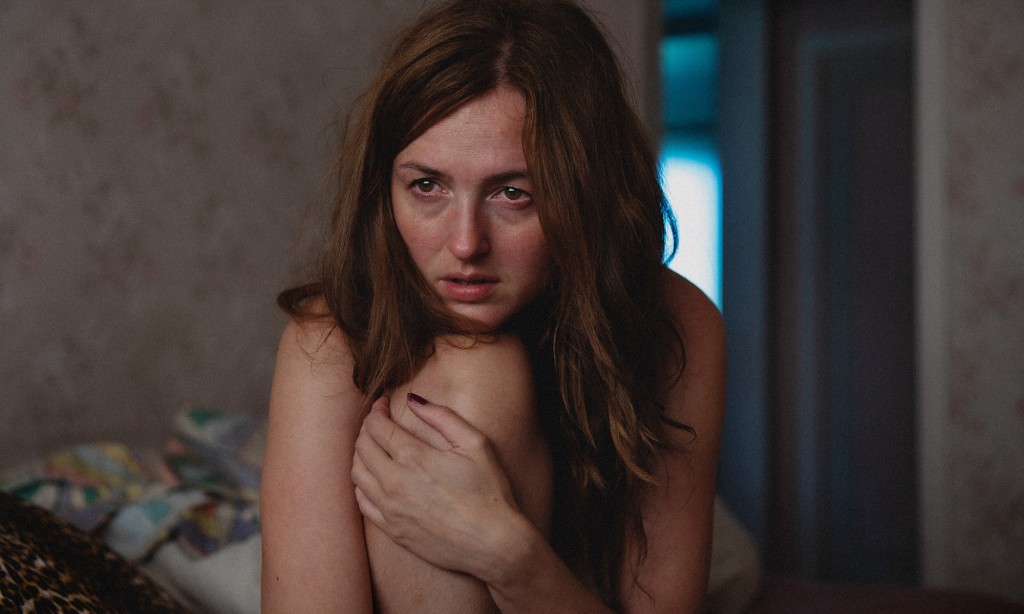
So during this period of finding new distribution and financing, Thea also spent it re-writing the script with John’s consent. “He was very generous and said that I could do what I wanted,” she says.
One of the biggest changes made during this re-write period that was not in the book was adding the elderly lesbian partners of Tora and Elisabet (played by Olga Damani). “I felt because we have three different families — they should be different family settings with different economic backgrounds and just trying to make it as wide as possible,” Thea says.
Production for the film was finally greenlit in 2023 with new funding that dictated filming in three countries: Norway, Sweden and Greece that would all composite for Oslo. Thea also had to battle initial hesitation of shooting the film on 35mm despite her years of experience with the format on shorts and commercials. Besides a preference to analogue, she also stresses film’s limited rolling quantity sharpens one’s focus and creative decisions.
“I also felt like with this film as well, since it’s about death and decay, that it was nice to be shooting on something that’s alive instead of dead pixels,” Thea says.
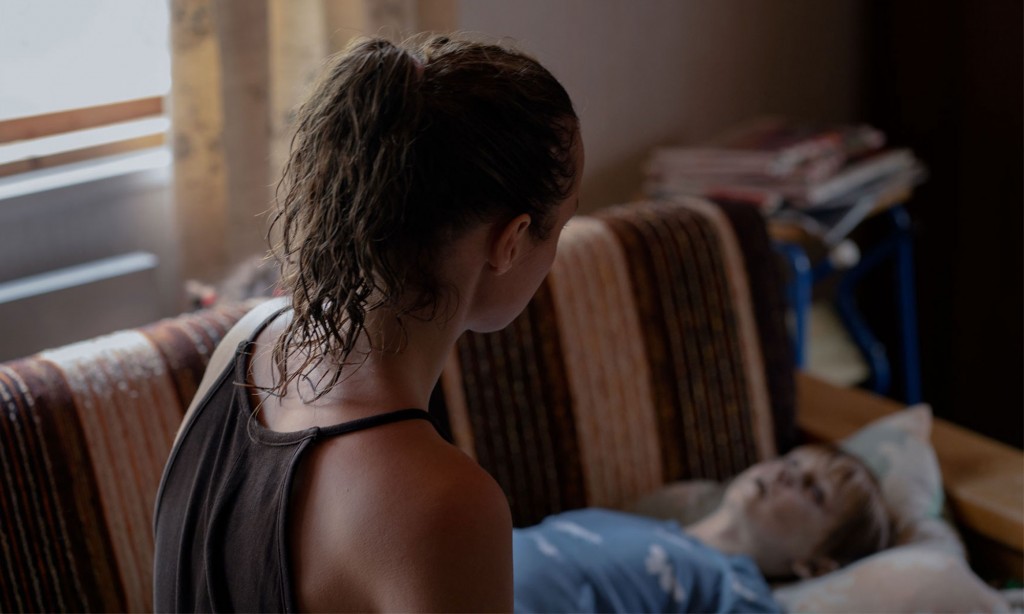
One “dead” tool used in the film was that of a puppet. For Renate’s character of Anna, her undead son is played by a puppet. So many contemporary filmmakers would easily opt for computer animation or motion capture, but for Thea, this was never not going to be tactile human characterisation.
“I wanted to have it as a real boy. We tried to have two hours makeup with a five-year-old,” Thea says. “We just found out that a child is just too alive to be that dead.”
Despite the limited movement of a puppet, coordinating shots with puppeteers and even having to re-apply makeup to it, Thea says, it’s probably “easier” working with a puppet then it would have been with a five-year-old.
A powerful sensory supplement to the film is its sound design. From a shriek-infused door opening to the crescendo electromagnetic hums, every element is enhanced for an eerie and creepy sensation.
“Because scenes are quite mundane and not that action-filled, I wanted the tension and dread to be infused through the cinematography and the sound design,” Thea says. “In the sound mix, I liked finding all these ways because a naturalistic sound design is just not that interesting.”
With steadfast perseverance and heartfelt dedication, Handling the Undead made it’s world premiere at the 2024 Sundance Film Festival where it received the Special Jury Award for Original Music: “This propulsive and sweeping score achieved a haunting atmosphere that carried the emotional heartbeat of this indelible film.”
With all the hardships a distant memory and the film now out in the world for everyone to enjoy, Thea is busily working away putting together her next project. Filmmaking is a passion, an art and a collaborative medium, which she loves to work within.
Related Reading




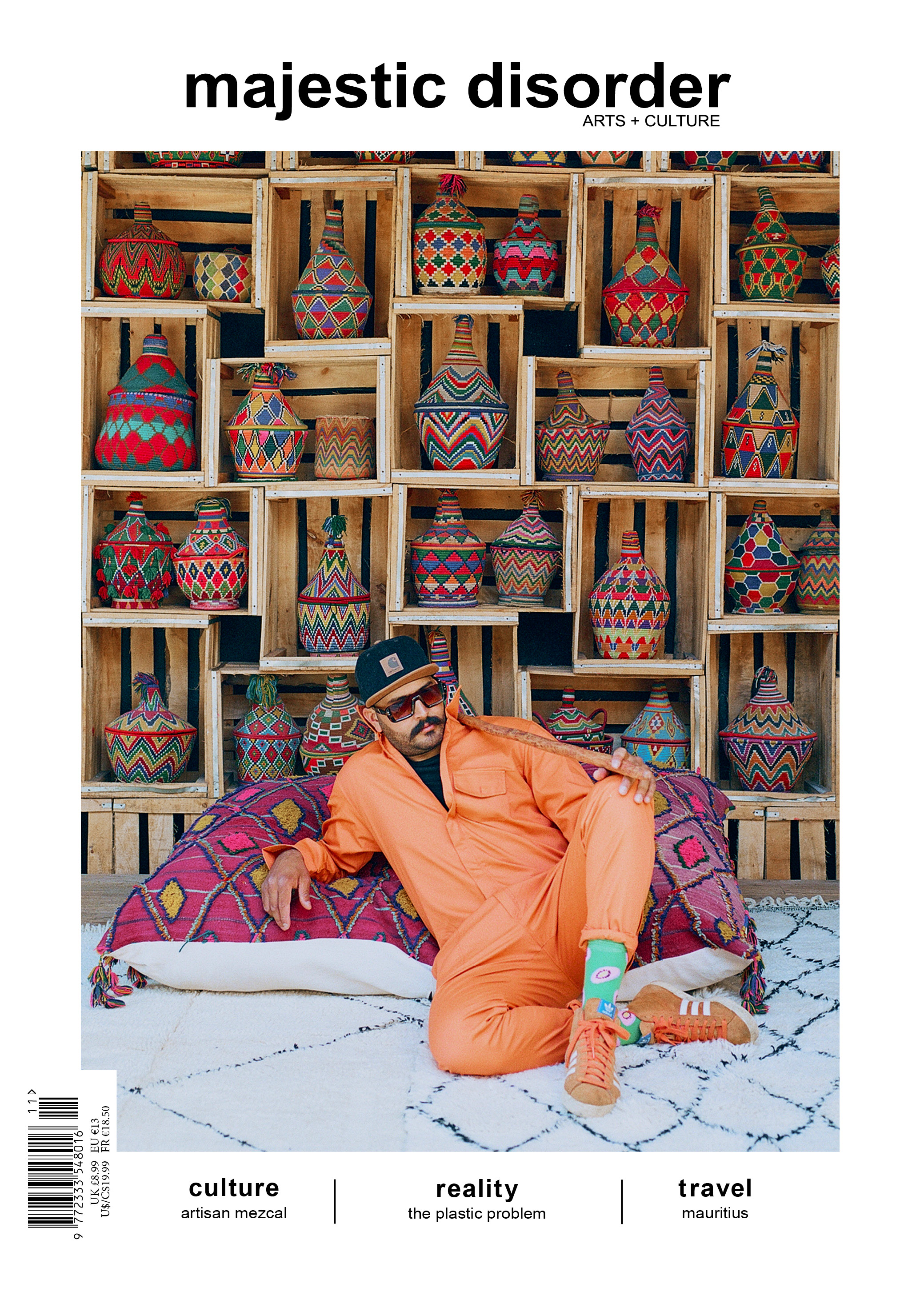

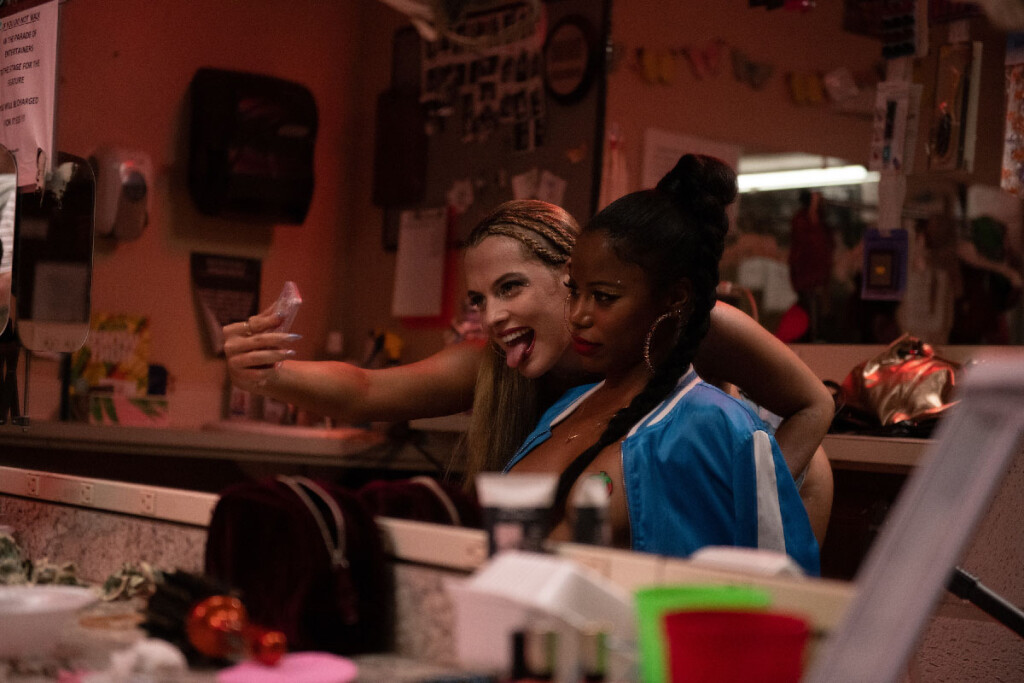
 @majesticdisorder
@majesticdisorder